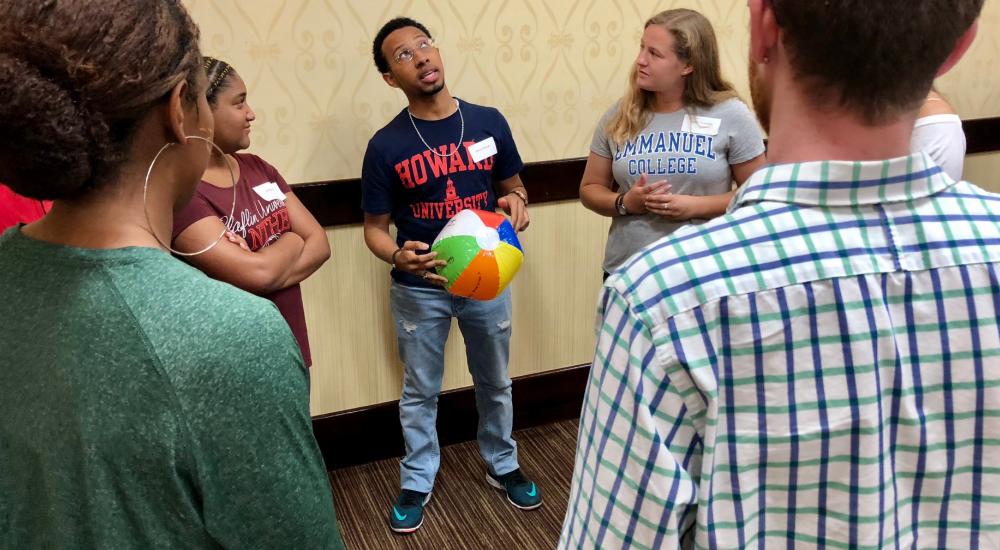Gen Z and Study Abroad: What Today’s Students Really Want

Gen Z—defined as those who were born between the mid-1990s and early 2010s—is shaking up the study abroad landscape. This digitally native, globally minded, and socially aware generation is looking beyond traditional academic experiences, prioritizing programs that offer practical skills and distinct career advantages. Below, education abroad professionals share insights into this vibrant generation and provide effective strategies for engaging and attracting its members.
Understanding Gen Z Priorities
A generation ago, many students sought to study abroad primarily for linguistic and cultural immersion and personal fulfillment. Today, however, students are increasingly focused on factors such as value of their higher education experience, academic progression, and career advancement.
“Students want clarity on what their investment includes and what they can anticipate in return.” —Carmen Pitz
“Making progress towards degree completion is king,” says Zachary Macinnes, associate vice president of campus partnerships at WorldStrides Higher Education. “Students want assurance, and sometimes guarantees, that they can enroll in their preferred courses and that these courses will meet their home university requirements. For many students, course availability is more important than location.”
Gen Z students are increasingly evaluating educational opportunities based on return on investment (ROI), ensuring their time and money are well spent. “Both the time commitment and cost are viewed pragmatically,” says Carmen Pitz, assistant director for study abroad advising at the University of Wisconsin-Madison. “Students want clarity on what their investment includes and what they can anticipate in return.”
Barriers to Study Abroad
Given that ROI is a primary motivator, it’s














